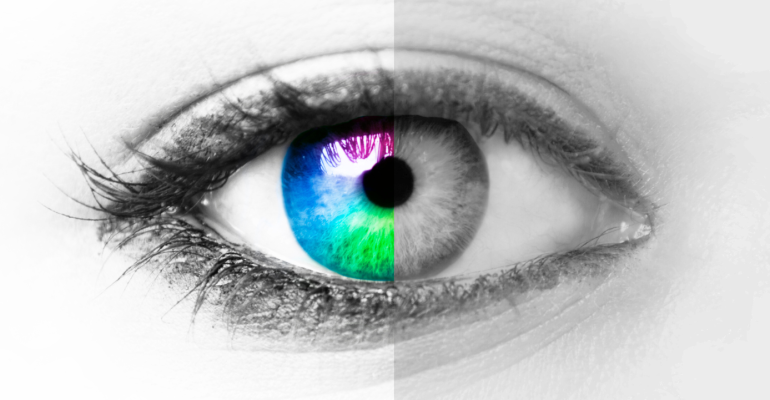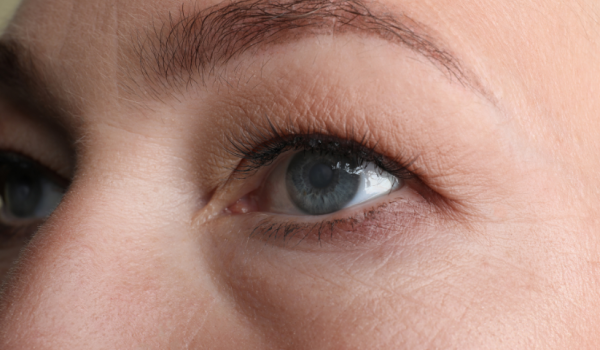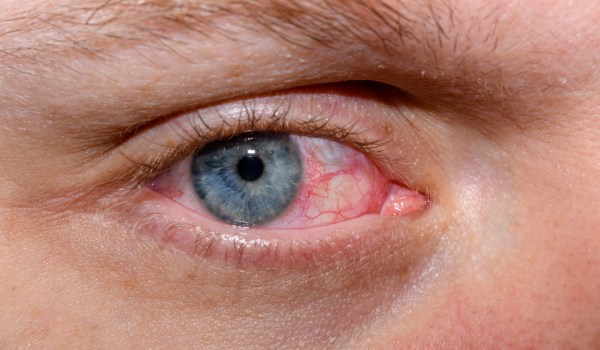Colour blindness, also known as colour vision deficiency, is a condition that affects a person’s ability to perceive or distinguish certain colours.
The most common cause of colour blindness is an inherited genetic mutation that affects the functioning or development of the photopigments in the cone cells of the retina.
These cone cells are responsible for perceiving and differentiating colours. Other conditions however, can affect the way the eye processes light causing different types of colour deficiency, these are not inherited but acquired forms of the condition.
It’s estimated that approximately 8% of males and around 0.5% of females of Northern European descent have some form of red-green colour blindness. This means that overall, about 1 in 12 males and 1 in 200 females have red-green colour vision deficiency.
Why am I colourblind?
The genetic mutations associated with colour blindness are usually located on the X chromosome, making it more prevalent in males.
This is because males have one X chromosome and one Y chromosome, while females have two X chromosomes.
If a male inherits a faulty copy of the colour vision genes on his X chromosome, he is more likely to develop colour blindness. In females, both X chromosomes would need to carry the genetic mutation for colour blindness to manifest.
The 3 different causes of colour-blindess
There are three main types of inherited colour blindness:
Protanopia: People with protanopia lack or have an altered form of the red cone photopigment. As a result, they have difficulty distinguishing between different shades of red and green.
Deuteranopia: Deuteranopia occurs when the green cone photopigment is absent or abnormal. Individuals with this type of colour blindness also have trouble differentiating between shades of green and red.
Tritanopia: Tritanopia is a rare form of colour blindness that affects the blue cone photopigment. People with tritanopia may have difficulty distinguishing between shades of blue and yellow.
Apart from inherited genetic mutations, colour vision deficiency can also be caused by certain medical conditions, such as age-related macular degeneration, cataracts, optic nerve diseases, or damage to the retina.
However, these cases of acquired colour vision deficiency are relatively uncommon compared to the inherited forms.
It’s important to note that colour blindness does not typically cause any significant harm or medical complications.
However, it may affect certain aspects of daily life, such as distinguishing colours in traffic signals or certain occupations that require accurate colour perception, like being an electrician or a pilot.
Inherited colour blindness is tested for using Ishihara plates, first designed by Professor Shinobu Ishihara in 1917, examples of these plates can be found here.
Acquired colour deficiencies require more detailed testing, typically with a Farnsworth Munsell 100 Hue Test or a shortened version called the D15 test. An example of this test can be found here.
Medical Disclaimer
This article is for information purposes only and should not be considered medical advice. If you or any other person has a medical concern, you should consult with your health care provider or seek other professional medical treatment. Never disregard professional medical advice or delay in seeking it because of something that you have read on this blog, website or in any linked materials.







